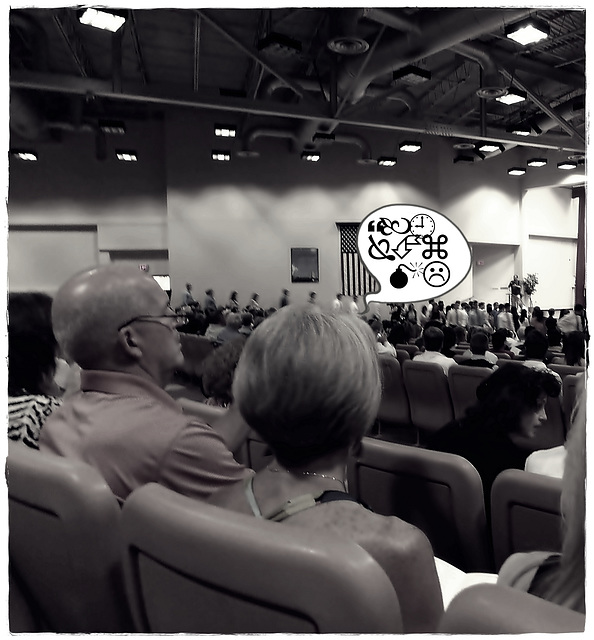Keeping Memories
The Road
Red Breasted Grosbeak
An Autumn Day
Lesson from Locksmith
Thus spake Aristotle
Breakfast on the run
Happiness
Jina Rishabhanatha
Surya
Bodhisattva
Gauthama Buddha
Vasudhara
Maitreya
Guanyin
Yakshi
Chickadee
Woodpecker
Vice Admiral Sir George Anson's victory
Autumn foliage
The Black Burnswickers [1860]
Passage
Beharrlich
Ave Caesar! Morituri te salutant
A Capriccio of the Roman Forum
Osmington Village
Exterior
Art Gallery
Cipher as a Code & a Zero
Nothingness
Power of Mitrochondria
Crossing
Winter Tree
Algorithm
At Farmer's Market
Feb 25th 2007
Frozen
The Human Condition
Testing the ice
Sunset
Keywords
Authorizations, license
-
Visible by: Everyone -
All rights reserved
-
126 visits
- Keyboard shortcuts:
Jump to top
RSS feed- Latest comments - Subscribe to the comment feeds of this photo
- ipernity © 2007-2024
- Help & Contact
|
Club news
|
About ipernity
|
History |
ipernity Club & Prices |
Guide of good conduct
Donate | Group guidelines | Privacy policy | Terms of use | Statutes | In memoria -
Facebook
Twitter



In addition to the natural obstacles to imagining how language, or anything evolved, the way language was defined by generative linguistics made its evolution seem even more incomprehensible. Although Chomsky forswore explicit discussion of the language evolution question, many scholars thought the answer was implicit in his model of language. Indeed, scholars thought the answer was implicit in his model of language. Indeed Chomsky spoke often of innateness, and when you invoke innateness, it’s hard not to make a few assumptions about genetics and evolution
As a result, it seemed to many linguistics and other cognitive scientists that the only way an innate universal grammar could exist, the only way humans could be born with a language organ, was if it was genetically endowed. The implication was that the language organ was specified in the genome, and generally it was assumed that there was a gene or genes specifically for language.
At the same time, Chomsky saw language as a perfect formal system. So it appeared that a gene for this mathematical entity must have appeared out of nowhere with no precursors in other animals. This contributed to the widespread view that language evolution was impossible and language’s very existence was miraculous.
Although Pinker and Bloom helped considerably to challenge that belief, some researchers had been resistant to the idea even earlier – Philip Libermann, for example. Although Liberman was once a student of Chomsky’s, there is no interaction between them now. Both men are famously combative, and they have taken opposite positions on the subject of the evolution of language. In the 1980s and 1990s, while Chomsky expressed no interest in its study, Liberman was examining skulls, listening to apes, and testing brains, all in search of clues to language’s origins. Liberman argues that not only should you study language evolution, but you can’t even begin to understand language if you don’t start with evolution. His research is grounded in the basic tenets of messy biology. When you look at the problems through his eyes, it becomes harder to see language evolution as either mystical or impossible. Instead, it looks merely insanely complicated. ~ Pages 68/69
Sign-in to write a comment.